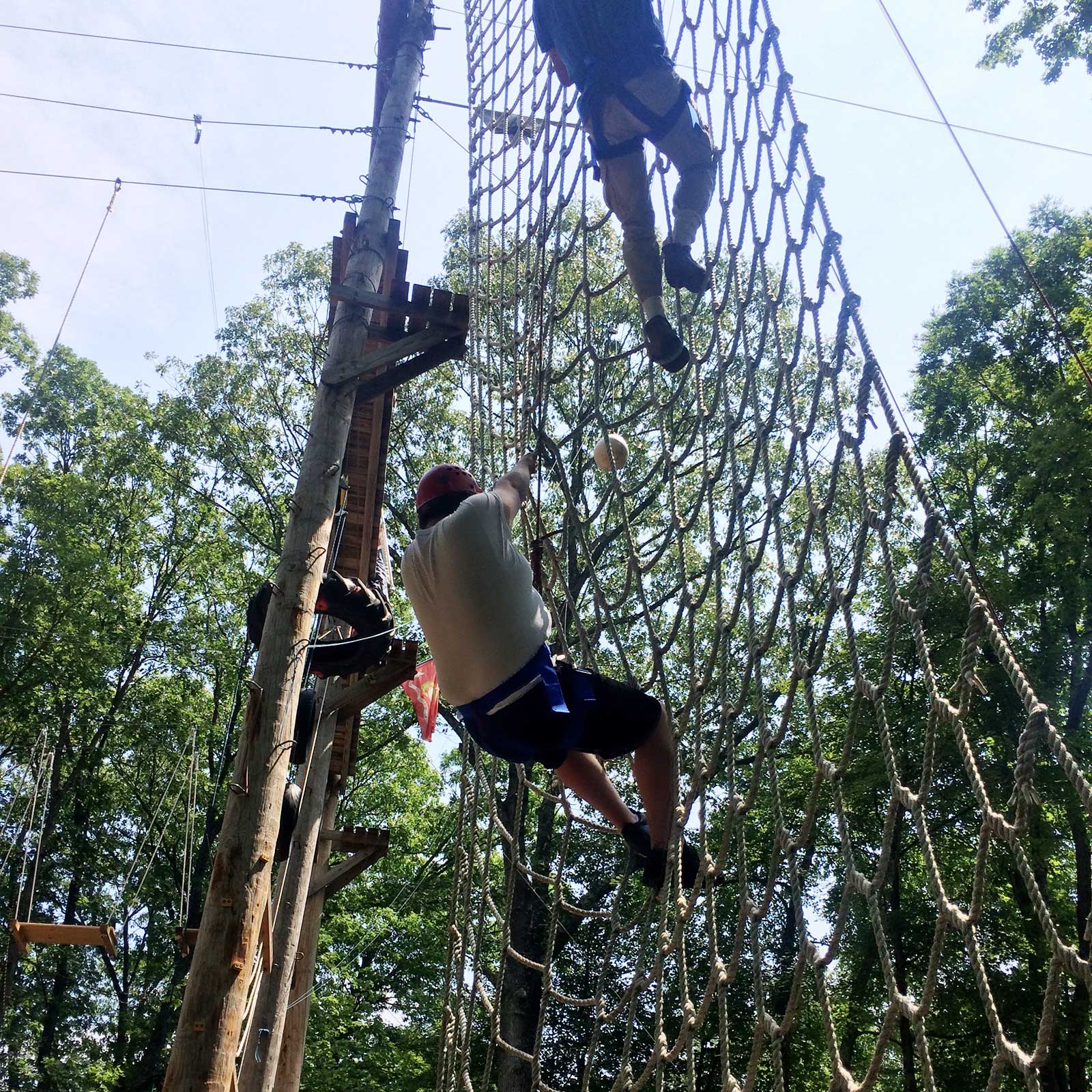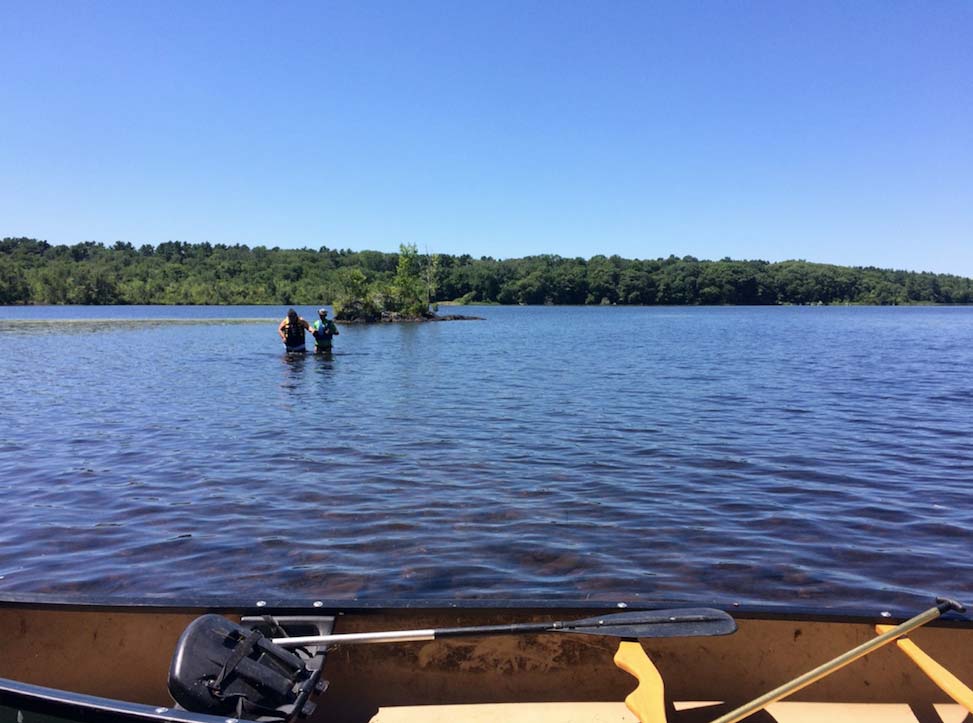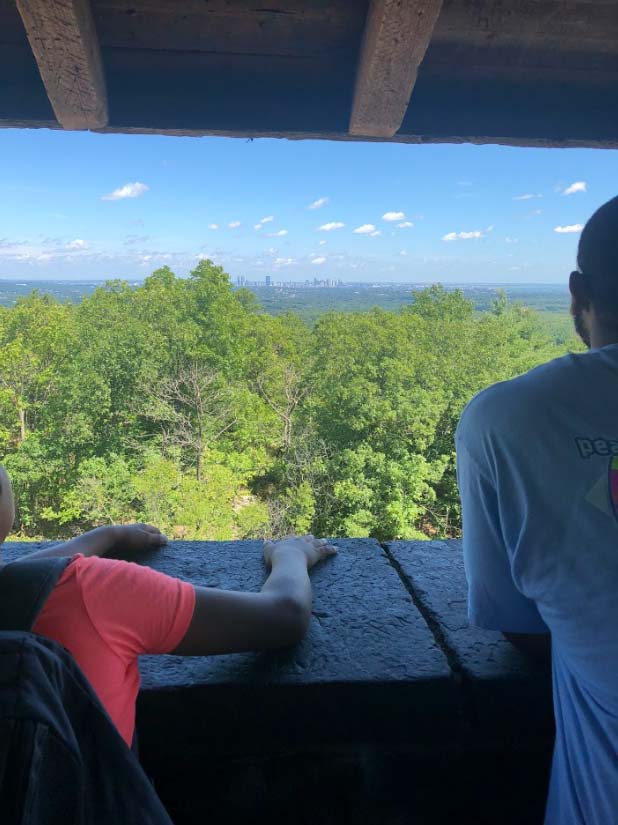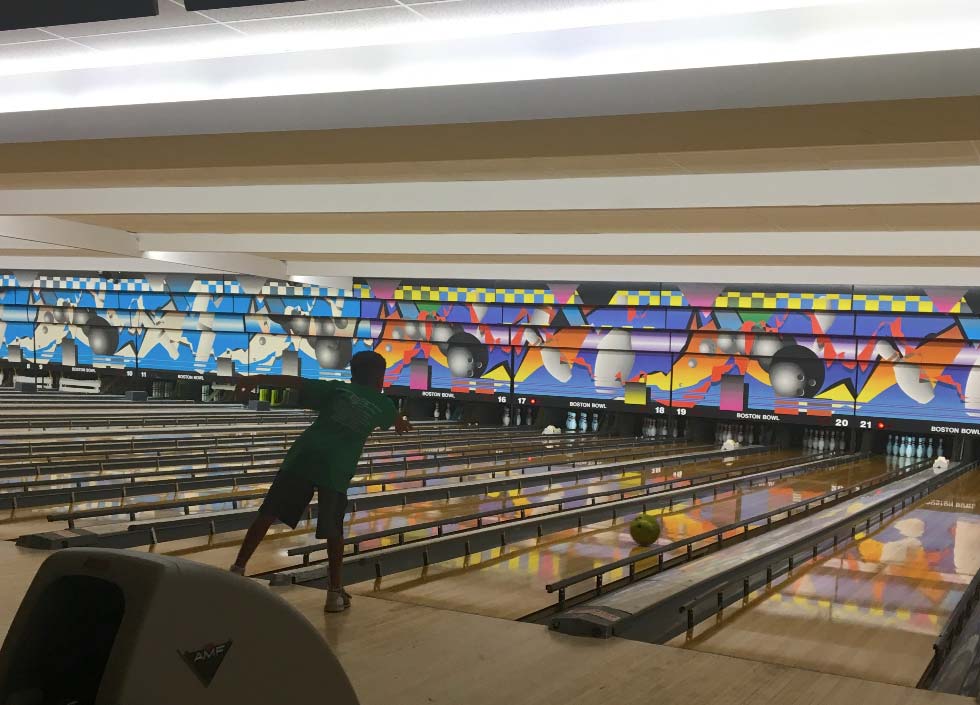Learning Doesn’t Take a Vacation
Tags: school
With 100% of COMPASS’ students having an Individualized Education Program (IEP) in place, there is a worry that their emotional, behavioral, and academic gains will be lost when they leave for summer vacation because it “breaks the rhythm of instruction, leads to forgetting, and requires a significant amount of review of material when students return to school in the fall” (Cooper, 2003). This is even more significant for COMPASS’ students because they experience disabilities of varying degrees. Taking this all into account, COMPASS provides a Summer School program for approximately 50 K-12 students over the course of a 6-week period (Monday-Thursday). During each week, the students receive academic enrichment, clinical support, and the opportunity to go on field trips to explore educational and social opportunities throughout Massachusetts.
The Summer School program is different from the normal school year in that there is a theme that the academic program follows – broken up into a single or multiple modules. For example, the Upper School’s (high school aged students) program was broken up into three sub-modules: media literacy, creative writing, and science fiction. Additionally, the Lower School’s (elementary and middle school aged students) program was focused on entirely on learning about ecosystems. All students participated in academic lessons based on their theme each day while also being able to take a wide variety of field trips to enhance their academic and/or social goals for the program. These field trips included going to Boston Bowl, Castle Island, the Isabel Stewart Gardner Museum, Museum of Science, and the Planetarium.
In addition to the experiences as part of the students’ academic curriculum, COMPASS’ Outdoor Education Program provided opportunities for students to explore the Greater Boston area in search of connections to nature, team building experiences, and just getting out of familiar routines. Each week, students and staff went to Ponkapoag Pond, Belle Isle Marsh, and Deer Island. They went canoeing thanks to AMC Youth Opportunities Programs and met the challenges of Hockomock YMCA ropes courses. “It was always a challenge getting students out the door and excited about spending their week outside doing the unfamiliar; students typically were worried about the discomfort of nature and didn’t know what to expect”, reflected Jason Gutu, Outdoor Education Program Coordinator.
The combination of traditional academic enrichment with experiential education, all while supporting students’ emotional and behavioral challenges, is the hallmark of the COMPASS School – it’s Summer School program is no different.



